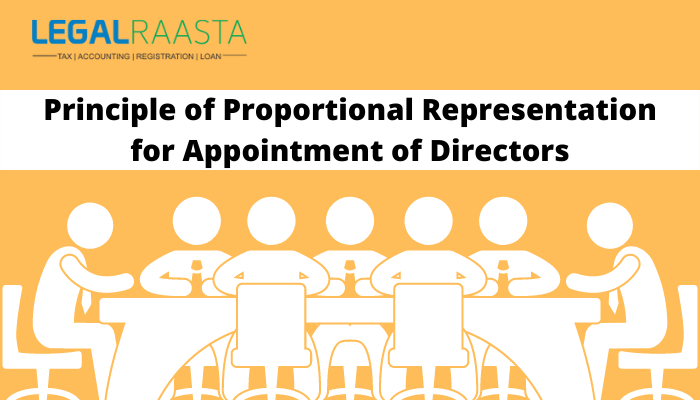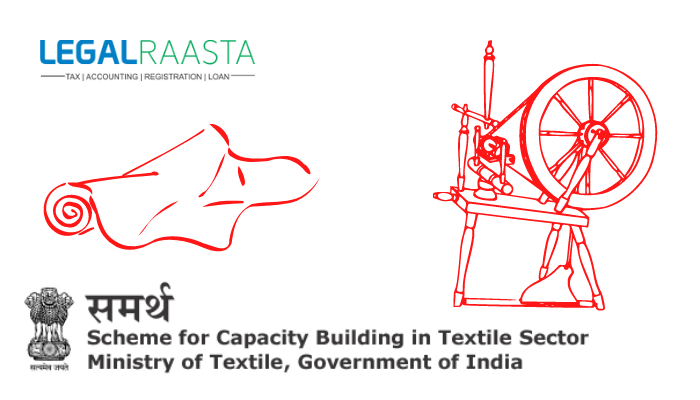Payment of Bonus Act
The reason for the Bonus Payment Act of 1965 is to oversee the measure of reward to be paid to representatives in organizations dependent on benefit and efficiency. The demonstration applies all through India to all foundations with at least twenty representatives on some random day of the year. The a huge number of the Payment of Bonus Act are analyzed top to bottom in this article. To dive more deeply into the Wage Payments Act.Goals of the Act
The Bonus Act (Payment of Bonus Act) has the accompanying objectives: To make the business of each organization covered by the Act legitimately answerable for paying the motivation to workers. To indicate the base and greatest extra rates. To build up a reward estimation recipe. To build up a technique for change. The pertinence of the Act The Bonus Payment Act applies to foundations that fall under any of the accompanying classifications: It covers any production line or organization with at least twenty workers on some random day of the year. Non-benefit associations are absolved from the demonstration's arrangements. It doesn't make a difference to organizations that are excluded under Section 32, like LICs and medical clinics. It doesn't make a difference to organizations whose representatives have marked an agreement with the organization. It doesn't make a difference to foundations that have been excluded by the pertinent specialists, like debilitated units.Divisions, Undertakings, and Branches
As indicated by the Bonus Act, any unmistakable divisions, endeavors, or parts of a foundation, regardless of whether situated in a similar area or in various areas, ought to be treated as segments of a similar foundation for extra purposes. Such a division, undertaking, or branch will be perceived as a different foundation for the reasons for computing reward for the year, and a different asset report itemizing benefit and loss of the foundation in the year ought to be set up and kept.Qualification for Bonus
If the accompanying conditions are met, any representative is entitled for a reward: A representative procuring up to Rs.21,000 each month in compensation or wages A representative who works in any way, regardless of whether gifted, incompetent, administrative, administrative, or in any case. A worker who has worked for somewhere around 30 days around the same time.. Exclusion of Bonus Representatives won't be qualified for a reward if the administration makes a move against them for untrustworthiness, burglary, damage of foundation property, or savage conduct while working inside the business' grounds. Number of Working Days On the off chance that the accompanying conditions are met, a representative will be considered "working" for the year: Any representative covered by an aggregate dealing understanding or standing requests gave under the Industrial Employment (Standing Orders) Act, 1946, the Industrial Disputes Act, 1947, or some other material law. The worker has taken paid leave all through their work. The representative who has been missing inferable from a brief incapacity brought about by a business related injury. During the bookkeeping year, the worker was on maternity leave with pay.Installment of Minimum and Maximum Bonus
The base reward will be 8.33 percent of the yearly compensation, or 100 rupees on account of workers more than 15 years and 60 rupees on account of representatives under 15 years, whichever is more prominent. During the bookkeeping year, the most extreme reward is 20% of the compensation. Course of events for Payment of Bonus Rewards ought to be paid in real money inside eight months of the finish of the bookkeeping year or one month of the date of the demonstration's implementation.Calculation of Bonus
According to Section 4 and Section 7 along with the Schedule 1 and two arrangement with the computation of net benefit and accessible excess out of which 67% if there should be an occurrence of organizations and 60% in different cases would be allocable excess. To register the accessible excess the totals, so deductible from the net benefits are: All immediate assessments under Section 7 The aggregates which are particularized in the timetable The recompense for venture or improvement in which the business is permitted to deduct from his pay under the Income Tax Act. Accessible Surplus = Gross Profit ( deduct) the accompanying : Deterioration is reasonable in Section 32 of the Income-charge Act. Improvement Allowance.Overseers under Section 20
After distribution in the authority periodical, Section 20 permits the able government to delegate Inspectors for this Act.Powers of overseers:
Acquiring data from a business. Ready to go to any business whatsoever good hour. Ready to request and view specific creation documentation. Ready to extricate data from the records To lead an examination concerning the businesses, his representative or worker, or some other individual found responsible for the foundation; and to practice whatever other powers that might be given fair and square. Obligations of the Employer Coming up next are the obligations of the business: Work out and pay the yearly reward as legally necessary.To stay up with the latest:
The register will show the excess portion calculation in the suitable Form. The register ought to be stayed up with the latest with the extra installments to the workers. Records ought to be stayed up with the latest before a review, just as some other appropriate data.Freedoms of Employers
Bosses should attest the accompanying freedoms:- The option to achieve any issues the application or translation of any arrangement of the Act to the Labor Court or the Labor Tribunal.
- The option to deduct a real cost from a representative's reward, like a paid celebration reward or a monetary misfortune brought about by worker misconduct.
- The option to take a worker's reward if the individual has been terminated for rowdiness, savagery, misrepresentation, misappropriation, or harm of the organization's property.
Privileges of Employees
Workers are qualified for the accompanying advantages:- Right to gather any reward due under the Act and to document a solicitation with the public authority for the reclamation of any came up short on reward inside one year of the due date.
- The option to record a grumbling with the Labor Court/Tribunal in case of a debate.
- Under the Industrial Disputes Act, representatives who are not qualified for the Payment of Bonus Act can't bring a test concerning the reward.
- The option to ask about and demand data about any thing in the foundation's accounts.
Offenses and Penalties
In case of a break of the Act's or alternately rules' arrangements, the punishment is either a half year in jail or a fine of Rs.1000, or both. In the event that you don't follow the mandates or demands, you'll be condemned to a half year in jail or a fine of Rs.1000, or both. If an organization, firm, body corporate, or relationship of people carry out an offense, its chief, accomplice, head, or official liable for the direct of its business ought to be assumed blameworthy except if the individual demonstrates that the wrongdoing was perpetrated without his insight or that he practiced all due perseverance.Also Read, CKYC- Guide on KYC and Check CKYC Number How To Check My IEC Application Status?










